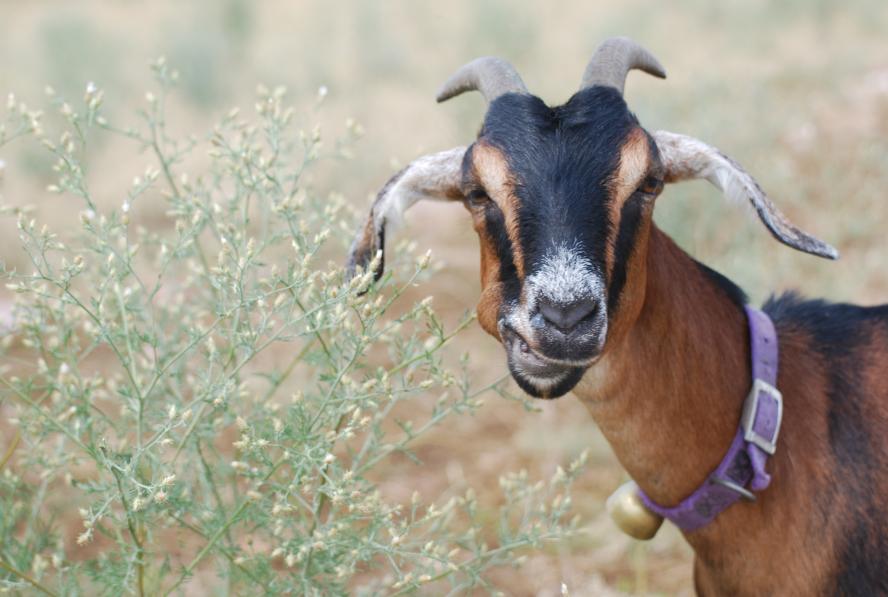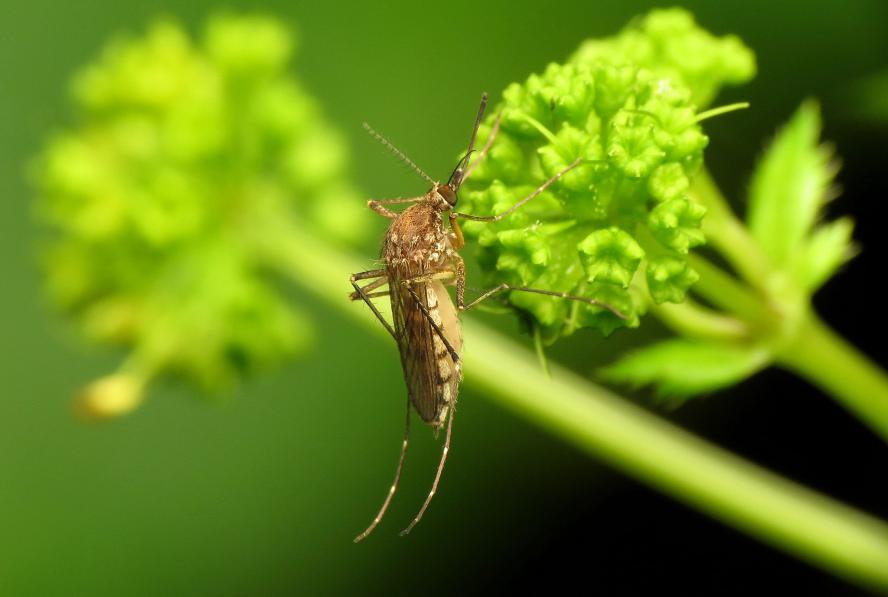Boulder has deep roots in environmental stewardship, managing its urban and open space properties for ecological health and community well-being.
What are ecosystems and why are they important?
Biological diversity – or biodiversity – is a term that encompasses the variety of all life on earth. It includes different species of plants, animals, fungi, and microorganisms, as well as the communities they inhabit and the genetic diversity within each species.
Each organism interacts with others as well as the non-living parts of the environment to form ecosystems - an intricate web of life. Ecosystems are the life support systems for all living organisms, including humans. Ecosystems regulate climate, purify air and water, pollinate crops, decompose waste, and support biodiversity. Healthy and balanced ecosystems provide food security, health, and economic stability, making their preservation crucial for the well-being of our community and our planet.
Ecosystem Management uses a holistic approach to manage land and resources with a focus on the health and sustainability of an entire ecosystem, instead of just one or a few species. It uses an adaptive and collaborative site-based approach, combining science as well as traditional and practical knowledge from land managers and community members. It takes into account the needs of people in land management decisions.
What are Nature-Based Solutions and Why Do they Matter?
Nature-based solutions (NbS) are cost-effective and sustainable actions that work with and utilize nature to address societal challenges like climate change, food security, and reduce risks from extreme weather and disease.
Ecosystem Management and Nature-Based Solutions are closely related. Nature-Based Solutions apply Ecosystem Management principles. Ecosystem Management is a broader approach to managing natural resources, while Nature-Based Solutions are specific actions that leverage the power of functioning ecosystems to address and solve specific issues.
For example, increasing temperatures and dangerous urban heat can be addressed with natural solutions by planting trees in low tree-canopy locations to increase shade and cooling.
Regenerative and sustainable agricultural systems, equitable food distribution and access to land can improve food security.
A combination of biodiversity conservation, Ecosystem Management and Nature-Based Solutions benefits all of us – from soil microorganisms, bees and wildlife, to people.



